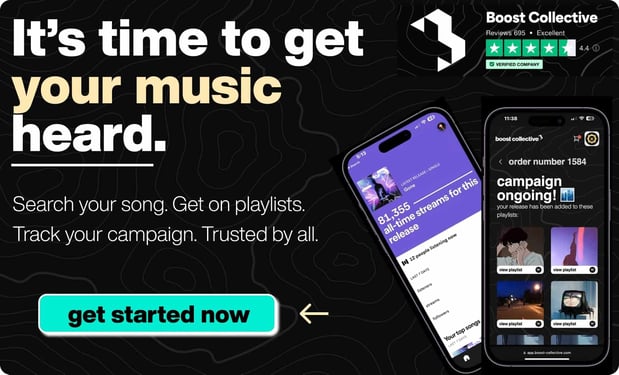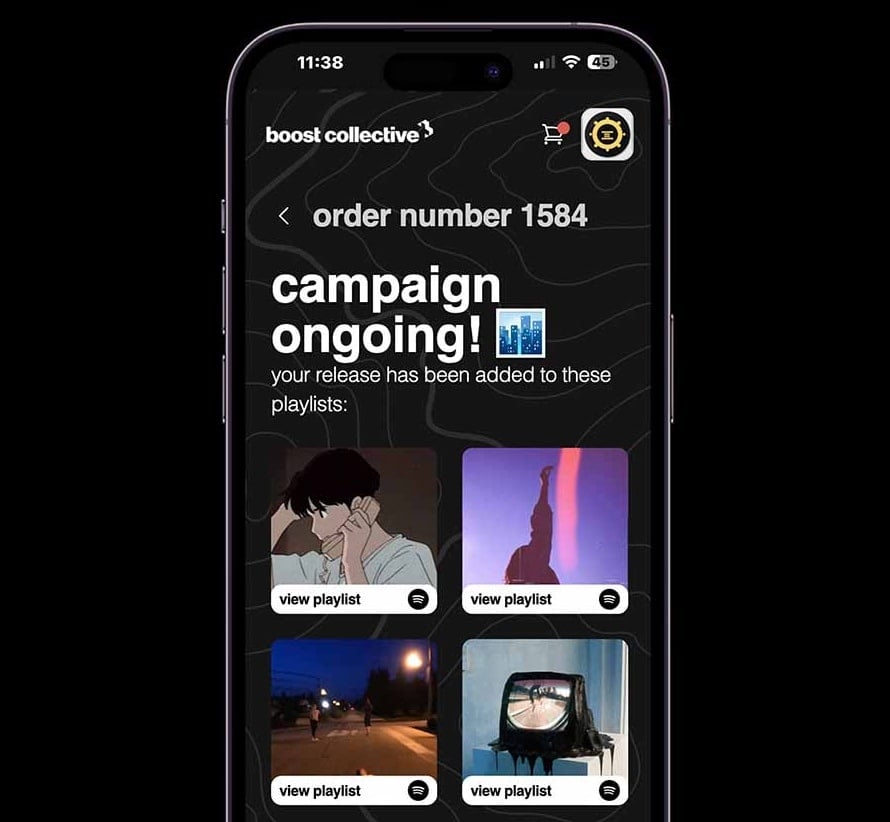Overview
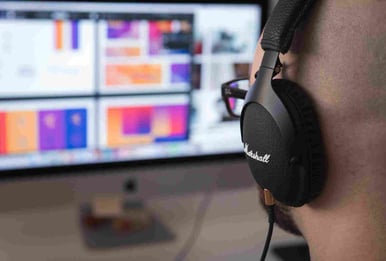
Do you dream of becoming a successful musician, but don't know where to start with marketing?
From blogs to social media to live performances, there's a lot to consider when promoting your music.
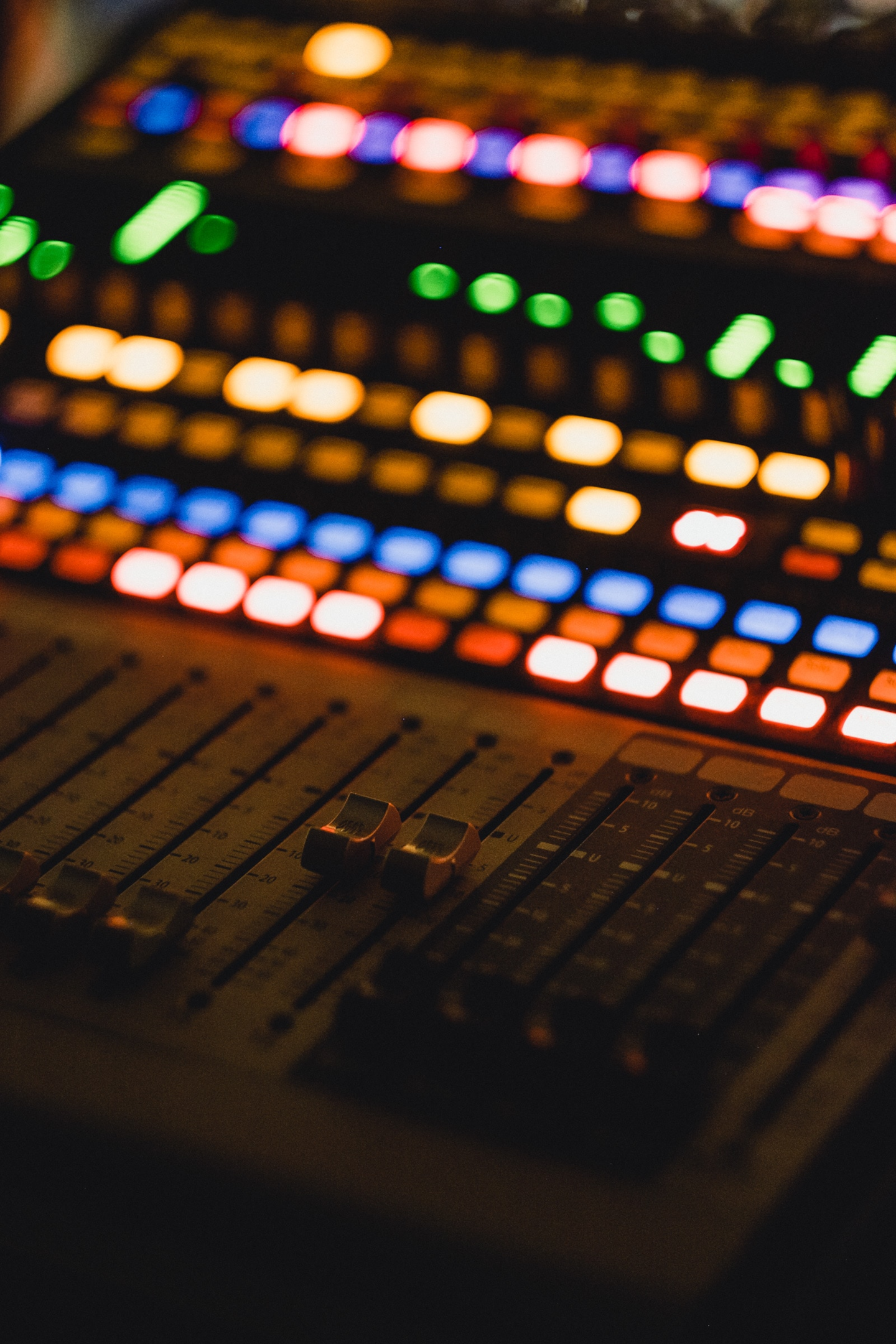
Introduction (The Music Industry)
In today's music industry, talent alone is not enough to guarantee success. Musicians also need to be savvy marketers, with a solid understanding of their fanbase and the most effective ways to reach them.
If you're a musician looking to expand your fan base and build a successful career, knowing the dos and don'ts of music marketing is crucial. In this feature, we'll explore some of the best practices for promoting your music, as well as some common mistakes to avoid along the way.
Whether you're just starting out or looking to take your career to the next level, these tips will help you make the most of your marketing efforts.
What Is Music Marketing?

Music marketing refers to the process of promoting and advertising music, musicians, and related products or services to target audiences to increase exposure, build a fan base, and generate revenue.
Music marketing involves a range of tactics, such as digital advertising, social media marketing, public relations, live performances, and influencer collaborations, among others.
Effective music marketing requires a deep understanding of the target audience, as well as the ability to craft a compelling message that resonates with them. It also requires a clear understanding of the unique qualities of the music being promoted, such as genre, style, and tone.
Ultimately, the goal of music marketing is to connect musicians and their music with audiences who will appreciate and support them, while also generating revenue for the musicians and the industry as a whole.
Why Is Music Business Marketing Important?

Music marketing is crucial for promoting artists and their music to a wider audience. It is essential for creating awareness, building brand identity, and increasing sales.
Here are some reasons why music marketing is important:
Reaching A Larger Audience
Music marketing helps artists reach a broader audience beyond their existing fan base. This is crucial for building a larger following, increasing streams and downloads of songs, and growing revenue.
Building Brand Identity
Effective music marketing helps artists build a strong brand identity, which is crucial for creating a loyal fan base. It involves developing a unique image, sound, and message that resonates with fans and sets an artist apart from others.
Creating Buzz
Music marketing can generate excitement and anticipation around new record releases, concerts, and events. It involves creating a marketing plan that builds momentum, generates buzz, and creates a sense of anticipation for upcoming music lovers and projects.
Increasing Revenue
Music marketing helps artists increase revenue through increased streams, downloads, ticket sales, merchandise, and other revenue streams. It is essential for building a sustainable career in the music industry.
Staying Relevant
In a constantly evolving industry, music marketing helps artists stay relevant and connected with their fans. It involves adapting to new trends, experimenting with new marketing strategies, and staying engaged with fans on social media.
Overall, good music and marketing are crucial for promoting an artist's music, building a loyal fan base, increasing revenue, and staying relevant in the music industry.
Dos Of Music Marketing
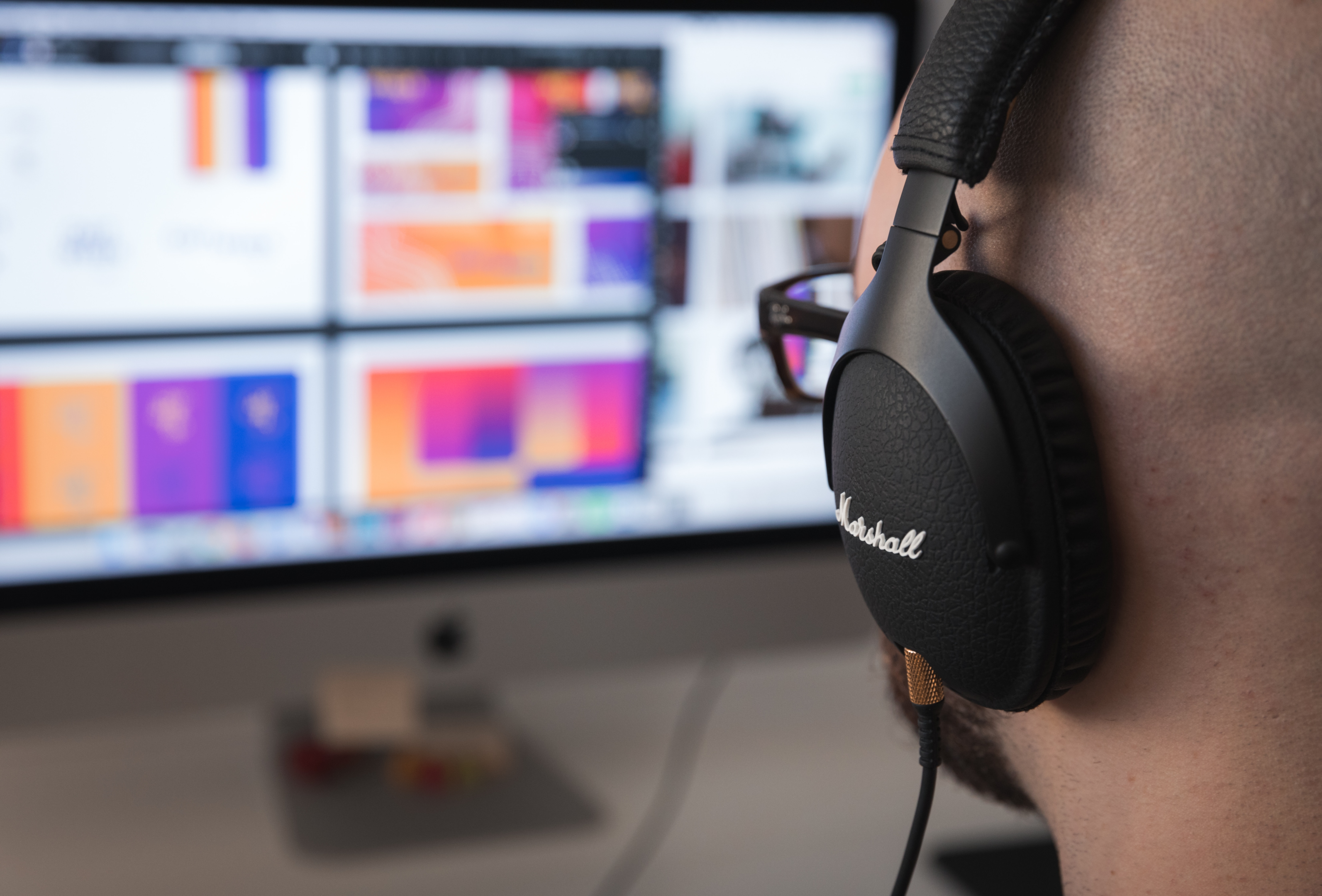
Build A Strong Brand
Importance Of Branding
Branding is important in every industry, including music. It allows artists to create a unique image and identity that distinguishes them from their competitors and attracts fans. Here are some reasons why branding is essential in music:
-
Differentiation: The music industry is highly competitive, and many artists are vying for attention. Branding helps an artist stand out from the crowd and create a unique identity that fans can easily recognize.
-
Recognition: A well-established brand can help an artist be recognized across different platforms and media outlets, which can lead to increased exposure and opportunities.
-
Consistency: Branding helps an artist maintain consistency across all aspects of their career, including their music, image, and messaging. This consistency can build trust with fans and establish a strong connection with them.
-
Longevity: A strong brand can help an artist establish a long-lasting career by creating a loyal fan base that will follow them throughout their musical journey.
-
Marketing: A well-defined brand can help an artist market their music more effectively by providing a clear target audience and message.
In summary, branding is essential in the music business as it helps artists differentiate themselves from the competition, establish recognition, maintain consistency, build longevity, and market their music more effectively.
Steps To Build A Strong Brand
Building a strong brand in the music industry is crucial for success. Here are some steps you can follow to help you establish and strengthen your music brand:
1. Define your unique brand identity - This involves identifying what makes you stand out from other artists in the industry. Determine your unique sound, style, image, and message.
2. Create a consistent visual image - Use a consistent color scheme, font, and logo across all your marketing materials, including your website, social media accounts, album covers, and merchandise.
3. Utilize social media - Social media platforms like Instagram, Facebook, and Twitter are essential tools for promoting your music and building a strong brand. Use them to connect with fans and share updates about your music and personal life.
4. Collaborate with other artists - Collaborating with other artists can help expand your audience and build credibility. Seek out collaborations with musicians who share similar values and aesthetics.
5. Plan unique marketing campaigns - Create marketing campaigns that are tailored to your brand and target audience. Use creative and unique approaches to promote your music, like hosting listening parties or pop-up shows.
6. Stay true to your brand - Consistency is key when it comes to building a strong brand. Stay true to your brand identity and maintain your message across all your marketing efforts.
Develop A Marketing Plan

Developing a marketing plan in music can be a complex process, but there are some key steps you can follow to create an effective strategy. Here are some steps to consider when developing a marketing plan in music:
-
Define your target audience: The first step in developing a marketing plan is to define your target audience. Consider the demographics of your fans, including age, gender, location, and interests. This will help you tailor your marketing messages to resonate with your audience.
-
Set your goals: Determine what you want to achieve with your marketing plan. Are you trying to increase your fanbase, sell more merchandise or concert tickets, or get more streams on your music platform? Be specific about your goals and make sure they are measurable.
-
Create a brand identity: Develop a unique brand identity that sets you apart from other artists in your genre. This can include your logo, imagery, and messaging. Make sure your brand is consistent across all your marketing materials.
-
Create a content marketing plan: Content marketing is a key part of any successful marketing plan. Create a content calendar that includes blog posts, social media updates, videos, and other content that will engage your fans and keep them coming back for more.
-
Develop a social media strategy: Social media is an essential part of any marketing plan. Choose the platforms that are most relevant to your target audience and create a content strategy that includes regular updates, engagement with fans, and paid promotion.
-
Collaborate with other artists and influencers: Collaborating with other artists and influencers can help you reach new audiences and build your brand. Consider partnering with other musicians, bloggers, or influencers who share your values and audience.
-
Use paid advertising: Paid advertising can help you reach a larger audience and promote your music to fans who may not have heard of you before. Consider using paid social media ads or paid search ads to reach new fans.
-
Measure your results: Finally, make sure you track your results and measure the success of your marketing plan. Use analytics tools to monitor your social media engagement, website traffic, and other key metrics to see what is working and what needs improvement.
By following these steps, you can create a comprehensive marketing plan that we hope will help you reach your goals and grow your audience in the music industry.
Engage With Your Followers
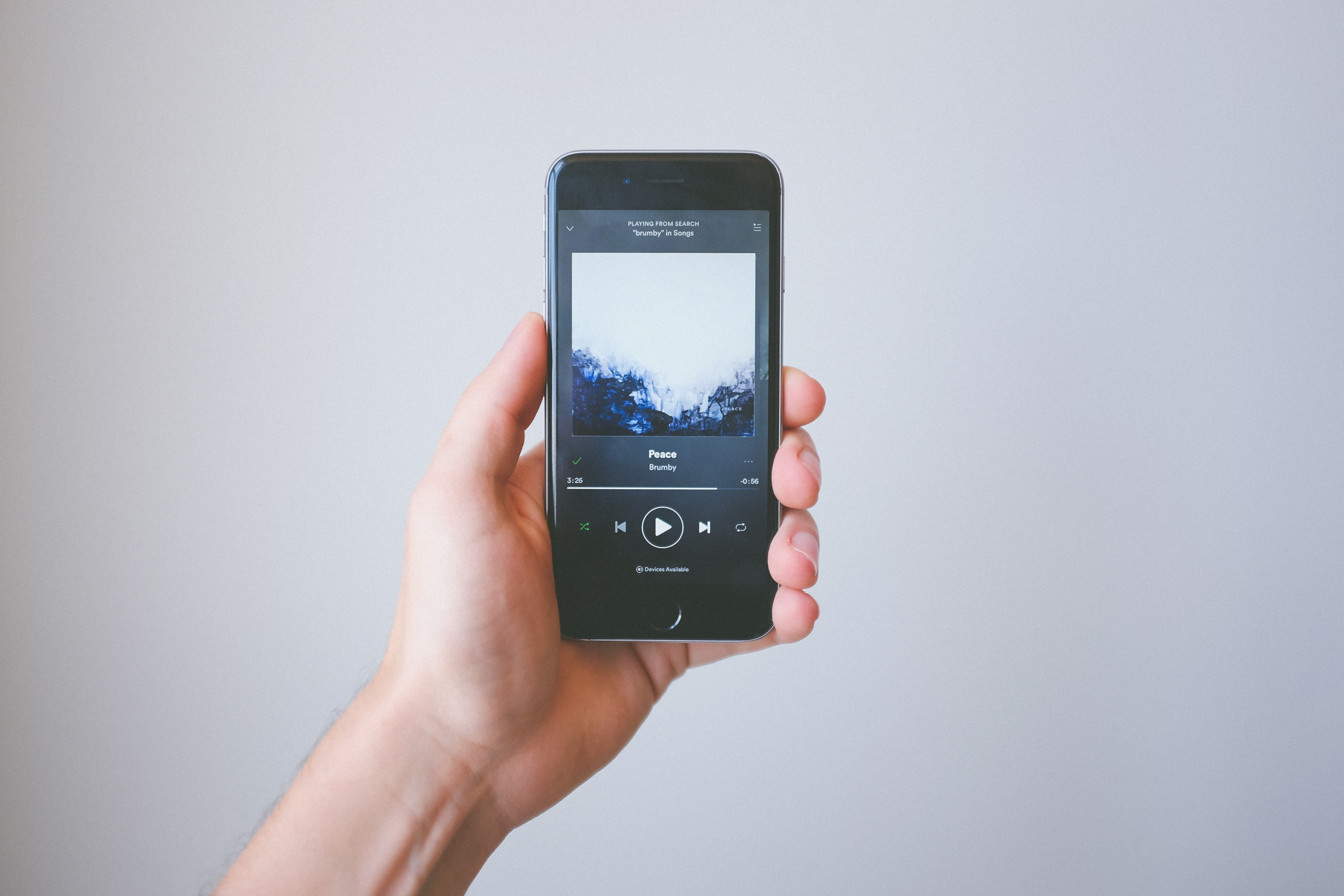
Fan engagement is important in the music business because it helps to create a loyal fan base, which leads to increased album sales, concert ticket sales, and merchandise revenue.
Fans who feel a connection to an artist are more likely to share their music on social media, attend concerts, and buy merchandise.
This connection is built through various forms of engagement, such as personalized social media interactions, meet and greets, and exclusive content offerings.
Additionally, fan engagement provides valuable feedback and insight into what the audience wants and what is working well for the artist.
Ultimately, a strong relationship with fans is key to success in the world of a highly competitive music production industry.
Methods For Fan Engagement
There are numerous ways to engage with fans in the music industry. Here are a few ideas that may help:
1. Live streaming performances - With the rise of social media platforms like Facebook Live, Instagram Live, and YouTube Live, live streaming your performances can be a great way to connect with fans.
2. Social media interaction - Social media platforms like Twitter, Instagram, and Facebook offer artists an opportunity to connect with fans on a personal level by responding to comments or messages, sharing behind-the-scenes content, and engaging with fan-created content.
3. Fan clubs or newsletters - Fan clubs or newsletters can be used to keep fans up-to-date on new releases, tours, and other news, and can also be used to offer exclusive content or merchandise to fans.
4. Interactive content - Interactive content like quizzes, polls, and surveys can help engage fans by allowing them to participate in the featured artist's creative process or decision-making.
5. Meet and greets - Meet and greets can be a great way to meet fans face-to-face right person and show appreciation and respect for their support.
By implementing these methods, artists can increase fan engagement and build a loyal fan base.
Leverage On Social Media
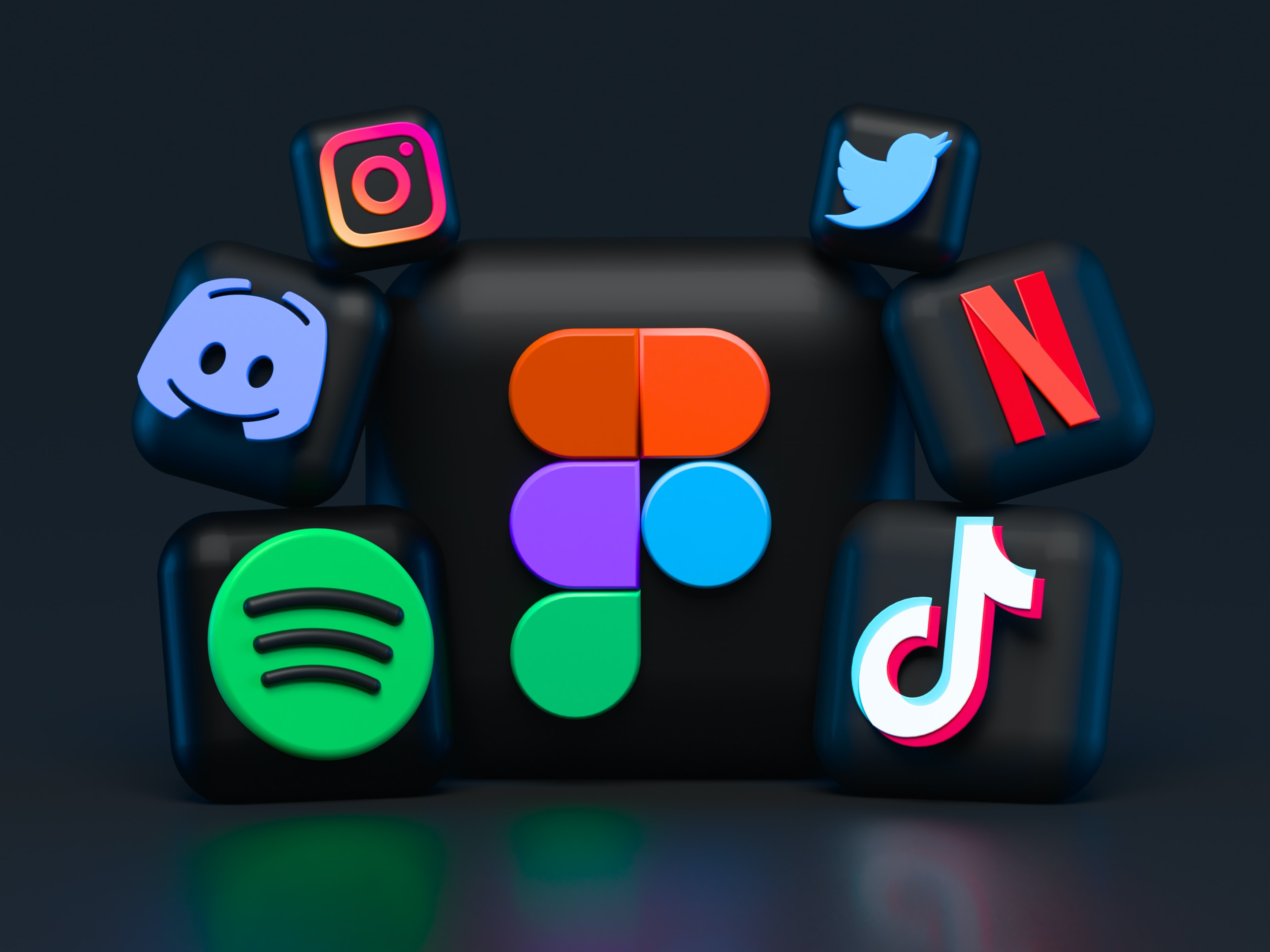
Benefits Of Social Media
Social media has completely revolutionized the way music is marketed and up-and-coming artists are promoted. Here are some of the key benefits of using social media for music promotion and marketing:
1. Wider reach: Social media platforms such as Facebook, Twitter, and Instagram have billions of users worldwide, which means that artists have the potential to reach a much larger audience than ever before.
2. Cost-effective: Compared to traditional marketing channels such as print or TV, social media marketing is relatively inexpensive. Artists can create profiles and share content for free, and paid advertising options are often more affordable than traditional advertising.
3. Direct communication with fans: Social media allows artists to connect directly with their fans and build a loyal following. This can help to strengthen the artist's brand and increase engagement and loyalty.
4. Targeted advertising: Social media platforms offer highly targeted advertising options, which means that artists can reach their ideal audience based on demographics, interests, and behaviors.
5. Real-time feedback: Social media provides artists with real-time feedback from their fans, allowing them to gauge the response to new releases or promotional efforts and adjust their strategy accordingly.
Overall, social media is a powerful tool for music marketing that offers a wide range of benefits to artists and their audiences. By embracing social media, artists can reach a wider audience, build their brand, and engage with their fans in new and exciting ways.
Tips For Effective Social Media Marketing

If you want to effectively market your music on social media, you’ll need to develop a solid strategy that takes advantage of the unique features of each platform. Here are a few tips to get you started:
1. Know your audience: Before you start creating content, make sure you know who you’re targeting. Different platforms attract different demographics, so tailor your content accordingly.
2. Create engaging content: Whether it’s behind-the-scenes glimpses into your creative process, previews of new or music videos, or live performances, make sure your content is interesting and engaging.
3. Use hashtags: Hashtags can be a great way to reach new audiences and get your content in front of people who might not have seen it otherwise.
4. Collaborate with other artists: Collaborating with other artists can expand your reach and help you tap into new audiences.
5. Engage with your fans: Respond to comments and messages, listen, and make an effort to build relationships with your fans. This can help turn them into loyal supporters who will help spread the word about your music.
Don'ts Of Music Marketing
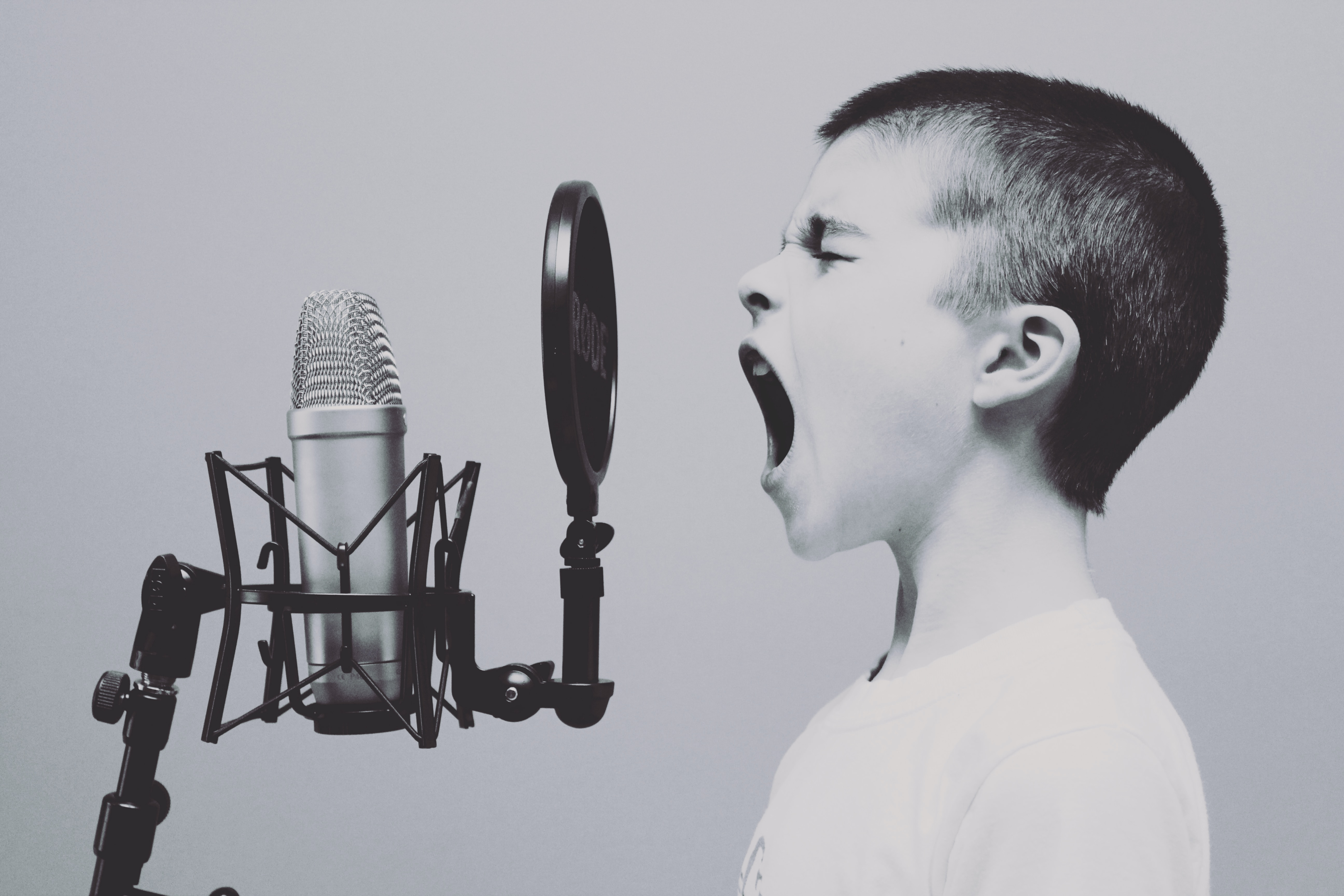
Avoid Spamming
Spamming can be a turn-off to potential fans and can damage your reputation as a person and a musician.
It can also come across as unprofessional and may lead to people blocking or reporting your messages as spam.
Instead, it's better to focus on building genuine connections with fans and promoting your music through targeted channels such as social media, email lists, and collaborations with other artists or music industry professionals.
This approach may take more time and effort, but it can lead to more meaningful and long-lasting relationships with fans and industry contacts.
Don't Ignore Analytics
Analytics provide valuable insights into listeners' behaviors and preferences, which can help inform decisions related to marketing, touring, and even songwriting.
By ignoring analytics, musicians and industry professionals miss out on opportunities to reach and engage with their audience more effectively.
Utilizing analytics can also help identify trends and patterns in listener data, which can inform future business strategies and ultimately lead to greater success in the music industry.
Don't Ignore Live Shows

As a musician or producer, live shows provide a unique opportunity to connect with your audience in a way that cannot be replicated through recordings or social media.
By neglecting live shows, you risk your money and miss out on building a loyal fan base and establishing a personal connection with your own network of listeners.
Additionally, live performances can lead to new opportunities such as collaborations, networking with other musicians and industry professionals, and gaining exposure to new audiences.
Neglecting live shows can also limit your potential earnings as live performances often generate a significant portion of a musician's revenue. Overall, live shows are a crucial aspect of a musician's career and should not be neglected.
Don't Neglect Personal Relationships
As a musician or song about, it can be easy to get caught up in the demands of your career and neglect personal relationships.
However, it is important to remember that personal relationships provide emotional support and can help to reduce stress levels.
Additionally, maintaining friendships and connections outside of the music industry can provide a valuable perspective and help to keep you grounded.
Neglecting personal relationships with friends can lead to feelings of isolation and loneliness, which can ultimately impact your mental health hard work, and overall well-being.
Therefore, it is important to prioritize building relationships and maintaining quality personal relationships alongside your music career.
The Wrap-Up
Music marketing can be challenging with do's and don'ts alone, but following these dos and don'ts can help you stay aware, make informed decisions, and avoid common mistakes.
Remember to always prioritize your audience and provide value to them through your music and marketing campaigns.
Get your music on playlists now.
It’s time you get your exposure and listeners up - playlisting by Boost Collective has been trusted by 50,000+ artists worldwide.
It’s easy: Search your song, get on playlists, and track your campaign.
What’re you waiting for? Tap in - and get added to playlists in 24 hours.
Join Boost Collective for free here.
